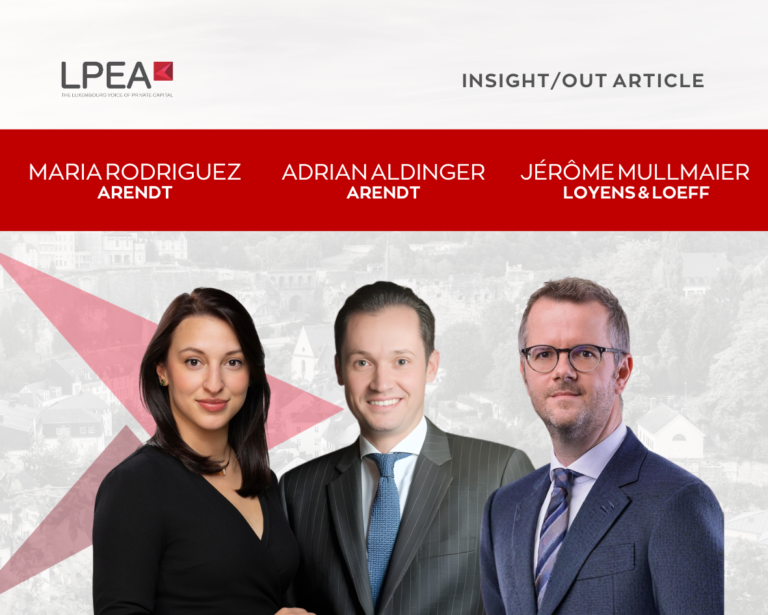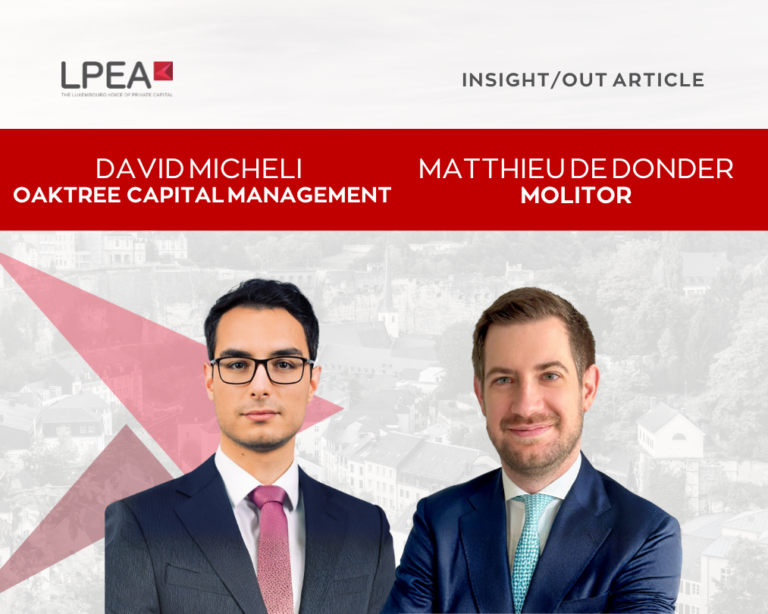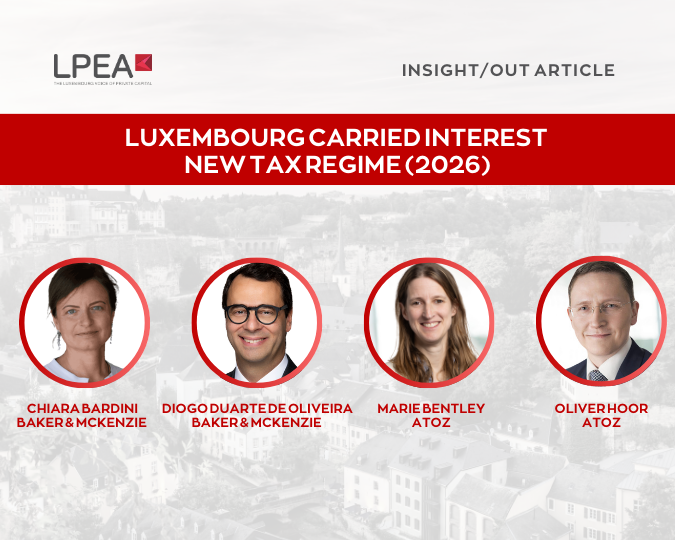Article by Manuel San Salvador, Founder, Antwort Capital as featured in Insight Out Magazine #22
In a wide and complex offering of Private Equity funds and managers, Banks are still facing challenges to add value to their clients’ portfolios. Manuel San Salvador, a former banker and Founder of Antwort Capital, analyses those challenges.
Given the challenging market environment, Private Equity is becoming a must in investors’ portfolios where the aims are to achieve higher returns over the long term
Private Banks have applied different solutions and have increasingly democratized access through certain ad-hoc vehicles for retail investors. However, Banks are still facing several challenges in giving investment direction and opportunities to their HNW clients to join mid-market institutional managers and to build their portfolios. The real challenge is for banks to provide a continuous flow of Private Equity opportunities and advise their clients in the mid-market institutional manager’s segment.
Good start but half of the journey
During the last twenty years some banks have started to offer Private Equity exposure to their top clients through well-diversified strategies like multi-manager strategies, by creating their feeders, or through certain vehicles eligible to more retail clients in the recent years, for example the FCR (Fondos de Capital Riesgo) or the FIL (Fondos de Inversión Libre) in Spain or the FCPR (Fonds Commun de Placement à Risques) in France.
All good initiatives, but with a shy approach to the Private Equity world in terms of strategies and manager profiles. They normally focus on big names and large-cap companies trying to minimize any capital loss or reputational risk. Are those where the real value is? “…there seems to be an inverse relationship between fund size category and average portfolio returns, in the sense that average returns of portfolios made up of large-cap funds substantially underperform portfolios made up of mid-cap and in particular of small-cap funds” as Prof. Dr. Oliver Gottschalg states in his study “size matters-small is beautiful”.
The value is in identifying those specialized managers or multi-managers in the mid and small-cap segment normally available for institutional investors or very large investors, due to minimum commitments averaging EUR 3 million, and giving access to these managers to investors with average tickets of EUR 300.000.
Juxtaposing the needs of clients, bankers, and banks
I normally distinguish between three client segments within a Bank: Clients with average portfolios between EUR 3 thousand and 1 million; between EUR 1 to 3 million and between EUR 3 and 10 million, not mentioning clients with portfolios above EUR 10 million that normally might have their own PE advisor or even their own family office for the very top ones.
Creating a Private Equity solution for the first segment is not a challenge today, it just requires the Banks’ willingness to find out a multi-manager solution and the appropriate vehicle. In the second and particularly the third segment things start to get complicated. It is then that the bank is required to select those value-added managers for the second and third segments.
In a risk-controlled environment, the main challenge for the Bank is to perform the Private Equity funds’ due diligence and selection and to provide their bankers with a recurrent selection of top Private Equity opportunities to respond to clients’ and prospects’ requests.
Creating a fund selection team internally is very costly and difficult to justify for a non-core asset class given the bank’s addressable client segment. Private Equity should not represent on average more than 10% to 15% of the client’s financial portfolio and in addition, not many clients are classified as well-informed or professional investors. This makes it difficult for the bank to focus on this asset class.
However, banks are being forced to react in order to retain their clients and attract new clients from target segments.
Many solutions have been tried, each with limitations for either the bank, the banker, or the investor
Although in-house solutions are perceived by clients as lacking independence, these are still valid solutions considering a bank’s resources, its addressable clientele, cost and time-to-market.
The first approach would be the creation of an in-house fund of funds which would compete with established reputable multi-managers. This solution has tended to not do well because of the expense of setting up in-house research capabilities and difficulties in accessing the best mid-market funds.
The second approach would be the creation of a bank’s own feeder vehicle to give its clients access to select funds. This solution is operationally cumbersome and requires the development of in-house due diligence capabilities. Developing an in-house feeder is typically a slow process and needs to reach sufficient overall scale to be economically efficient for the bank and the client.
A third solution would be to sponsor Private Equity managers and bring them in-house into a bank. This creates other issues such as lack of track-record and substantial effort in building internal governance and supervision. This has been an appropriate solution only for highly specialized banks with a long tradition in Private Equity and a large addressable client base representing substantial commitment pools of money.
Feeder funds platforms like Moonfare, ICapital, Private Corner, S64 Capital, or Antwort are a solution for the higher client segments of the bank
With some differences between all the most well-known platforms like Moonfare, ICapital, Private Corner, S64 Capital, or Antwort in terms of size, technology access platform, underlying costs, final users, funds profiles and fund managers, target investors, and value proposition, these platforms are responding to the needs of private investors to access to Private Equity.
When dealing with these platforms, the focus of a partner bank should be in fund selection and due diligence, the total expense ratio of the feeder fund and the net IRR difference compared to the net IRR of the target fund.
Antwort is an independent boutique in line with what an in-house Private Equity selection and product development team would be within a bank, aimed at overcoming the challenges and difficulties that I have experienced as a banker. Hence, Antwort offers a very institutional approach to banks in order to assist banks facilitate their clients with access to private markets, while maintaining control of client portfolios, in a controlled, cost-efficient, profitable manner with a quick time to market.
We perform due diligence on the master funds and make it available to our investors, supported by a specialized research team and a solid and reputable Advisory Committee. We analyse the TER and minimize the IRR loss of our feeders and then make it all transparent to our investors. We have built an efficient investors relations team to support banks operationally and in reporting to its clients.
I hope that we can all contribute to make this asset class more available to investors that, although well-informed, cannot reach the investment thresholds of most institutional Private Equity managers.
Manuel San Salvador is the Founder of Antwort Capital and former CEO of some of the top private banking operations in Spain such as Merrill Lynch Private Banking, Lazard Wealth Management, and Banco Urquijo, and he has performed leading positions in different international banks in the UK, Switzerland, and Luxembourg.
Antwort Capital is an independent Luxemburgish feeder fund platform dedicated to the best mid-market alternative funds giving access to qualified investors directly or indirectly through their Banks from minimum commitments of 125.000 euros onwards. www.antwort.lu.




